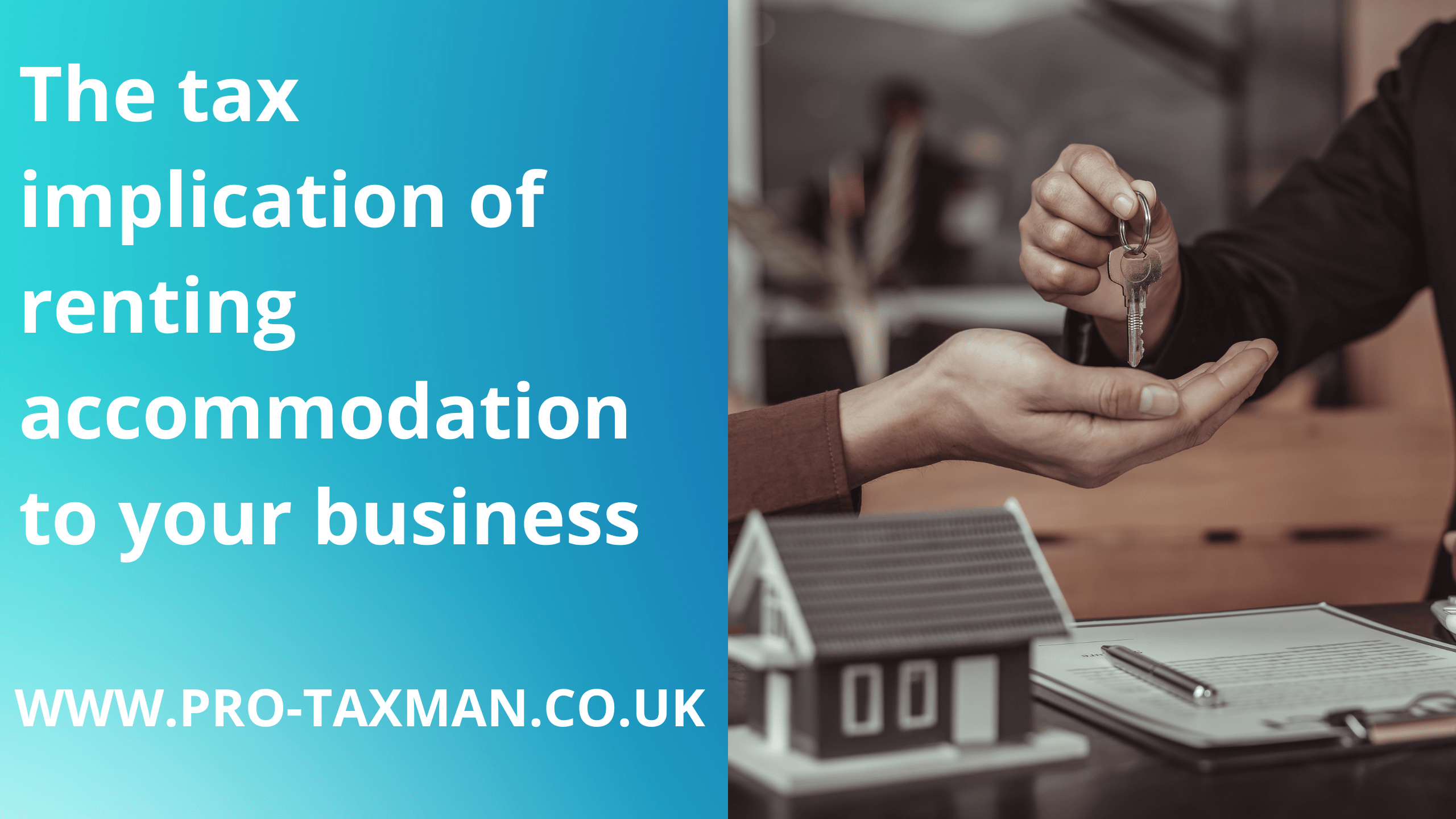Many director-owners of companies own the commercial property from which their company trades. The reasons for this vary and could be historic e.g. the business was initially run as a sole trader and is now trading as a company. However, most company owners hold their business premises personally so that if the company should become insolvent, a property owned by the director will usually be safe from the liquidator and any creditors (unless fraud or negligence is involved).
Usually the original reason for personal ownership has nothing to do with income tax but charging the company may prove to be more or as tax efficient than withdrawing money in the form of a dividend depending on the individual’s marginal income tax rate. Whether charging rent is tax-efficient needs to be looked by taking into account the immediate tax position of both the director and the company, but also the future capital gains tax (CGT) position when the property or the company is sold.
Benefit to the director
The main benefit for the director is that, unlike dividends, there is no legal requirement for the company to have sufficient distributable profits for the payment to be made. In addition, as the payment is not in the form of salary or a bonus no NIC charges will be due for either the director or the company. Further, tax relief can be obtained against rental income from the commercial property should there be a mortgage on the property. The ‘downside’ is that the director will be liable for income tax on rent received less rental expenses at his or her marginal tax rate. Benefit to the company
The company is allowed full corporation tax relief on payments made and there is no employer NIC cost (as not salary or a bonus).
On sale of the company
If the company owns the property problems could arise should the company be sold. Many buyers may not also want to buy the premises as they may have their own. However, by holding the premises personally outside of the company, the advantage is that the purchaser can buy just the trade, without also buying the premises.
If there is a qualifying disposal of shares and an ‘associated asset’ is also sold at a gain, it may be possible to claim Business Asset Disposal Relief (BADR). The asset needs to have been owned by a shareholder and be in use by their ‘personal company’ at the time the business has ceased or part or all has been sold, BADR is available on disposals of business assets, reducing the rate of CGT on qualifying gains to 10%, subject to a £1 million lifetime limit. However, by charging full market rent all relief is lost as the property will count as an investment asset. If the company pays rent lower than the market rent or has paid rent since 6 April 2008 (when the rules changed) the proportion of gain on which BADR can be claimed is restricted in proportion to the amount of rent paid.
Need professional accounting service or accounting advice? Contact us to book a 15-min Free Consultation with us today.
To find out more please follow us on Facebook, Twitter, or LinkedIn. Feel free to contact us on 0333 006 4847 or request a call back by texting 075 6464 7474

